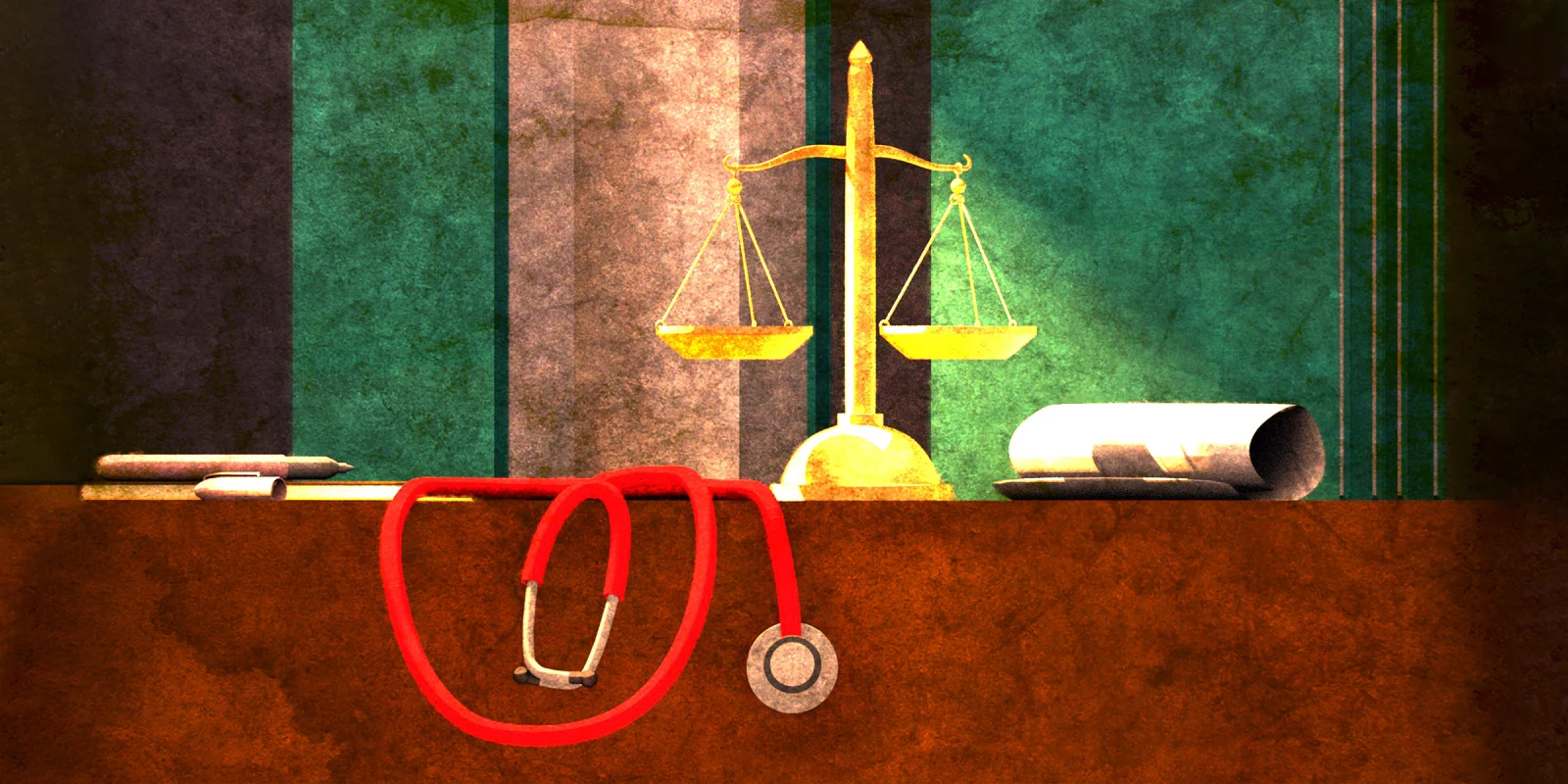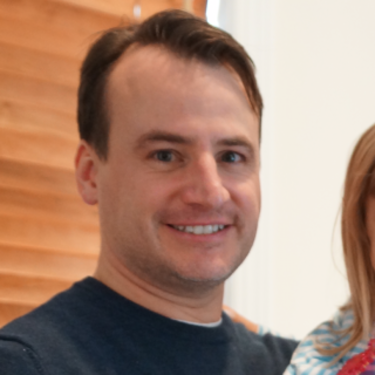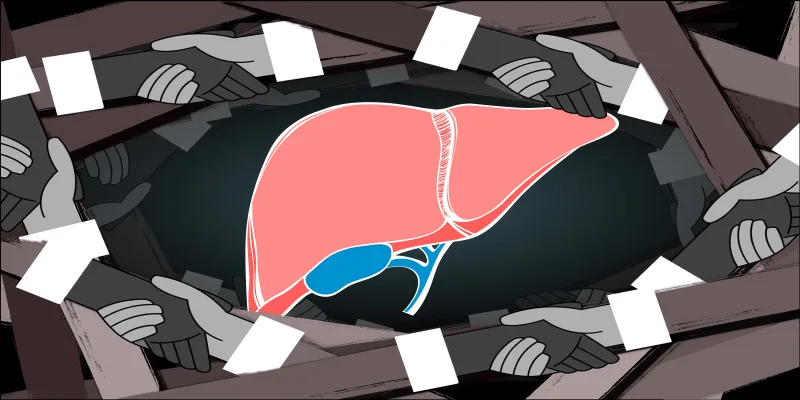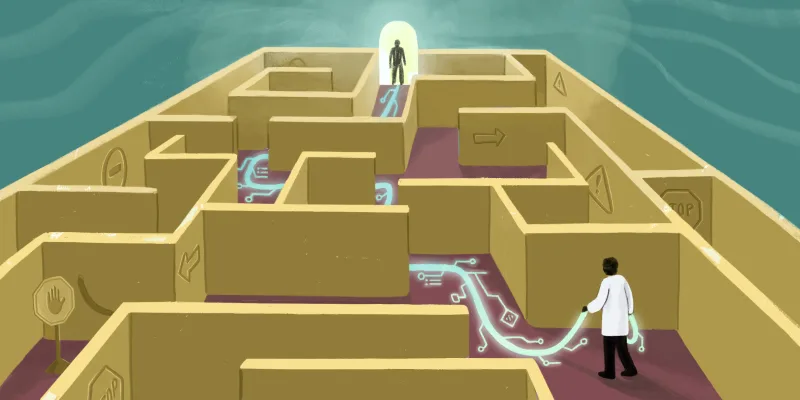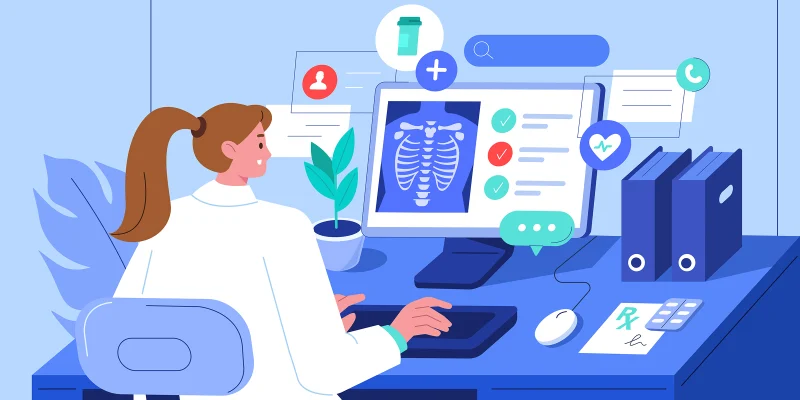Every new administration brings with it broad, sweeping changes that affect us and our patients. As much as we like to separate politics and medicine, they are related. Politics affect our private lives, and our feelings about them can carry over to our professions. We are human, fallible, and imperfect. We all do our best to show our professional side to our patients, but we also understand that when we are sick, worried about our family or friends, or uncertain about the future, those feelings affect our days. Maybe we weren't as warm and understanding with a patient, or perhaps we didn't let that person merge into our lane on our drive in. Maybe the uncertainty of our futures, our patients' futures, tempers our sense of ourselves and what we bring to health care. This is even more true in psychiatry, where much of the healing happens through conversation and understanding, rather than procedures.
One new, recent patient of mine was a young woman who arrived early, but on edge. When we started the appointment, she told me her story:
"I grew up poor, but we didn't really want for anything. I am the oldest and the first to go to college. But, once I enrolled and tried to apply for financial aid, I learned that there was a problem with my Social Security number. It wasn't mine. I went home, talked to my parents, and learned that they had crossed the southern border of the U.S. illegally when I was six months old. I wasn't born here, despite what I'dd thought growing up. Now, I don't know what will happen to me, and I'm scared."
Employment, access to care, cost of medical care, etc., are all factors to consider when treating patients. When I first began practicing in psychiatry, I would be stressed when patients didn't adhere to my follow-up appointment recommendations. One day, that changed: One of the office staff mentioned that a patient needed to move their appointment out another month because they couldn't afford the copay. From that point on, I tried to be more mindful of those factors when I developed a plan for their care.
When we order lab work, prescribe medications, and schedule surgeries, we are depending on our health care system to back up those decisions and cover the costs. Often, scheduling, medication choices, and testing are dictated, at least in part, by the patient's insurance. Sometimes, those tests and procedures are covered by the hospital for those without insurance and by extension, covered by us. It's a complicated system that cannot survive without each element contributing to the whole. What happens when a critical element fails?
We are objective when we evaluate a patient, but we also try to take into account their finances, support systems, potential language barriers, or cultural concerns. Religious beliefs may temper a patient's decisions about end-of-life care or their permission to allow for blood products should a surgery require them. And despite what we as clinicians may endorse as an effective plan, a patient's ability to pay for a procedure will always be a hurdle to overcome. Medical care is expensive, and our politics shape our access. Is health care a right? A privilege?
Take medications as an example: the current administration threatens a 25% tariff on imports from our neighbors north and south of our borders. Also, a 10% tariff on China, which alone accounts for approximately 9% of the generic medications (some classes more than others), may drastically affect the availability of these medications, their end cost, and treatment options. We import roughly half of our generics, and maintaining good favor with those supplying countries is critical to the supply.
More recently, many of my patients have come to me with concerns about their ongoing employment status. Practicing in the greater Washington, DC area, I see quite a few Federal employees who have valid concerns about their immediate futures. All the current political maneuvering impacts their moods and insecurities. Another recent patient, an immigration lawyer, told me that his stress has skyrocketed with the change in administration. He has a larger caseload and more acute cases to work through.
Even today, what have I experienced? A mother at a recent sporting event for my daughter revealed that she has ADHD and anxiety, and was wondering if this would indicate a disability that would qualify to allow her to work from home. She told me that during COVID, her work-life balance changed, and she has gotten used to being there for her family in the mornings.
"If anything," she said, "I am more efficient. I saw my stats increase to 'high achiever' during this time. Now, I am fearful of the imminent changes, having to go back to the office, and not being able to be there in the mornings. It's hard. My husband doesn't work remotely, so we rely on my being home for my kids."
Our lives, busy as they are, are dictated by our obligations. We accept commitments with the understanding that closing some doors leads to others remaining open. There are few choices that we make that result in the same outcomes, without risks. We have a moral compass, our inner voice that quietly guides us when the voices of distraction settle in our brains. Our political beliefs are often an extension of that. Let's hope that our medical system can adapt to these changes and become better for it.
Chris van Eyck, DMSc, PA-C, MSHS is a psychiatric physician associate working in psychiatry in Northern Virginia. He was a 2023–2024 Doximity Op-Med Fellow and continues as a 2024-2025 Doximity Fellow.
Illustration by Jennifer Bogartz
